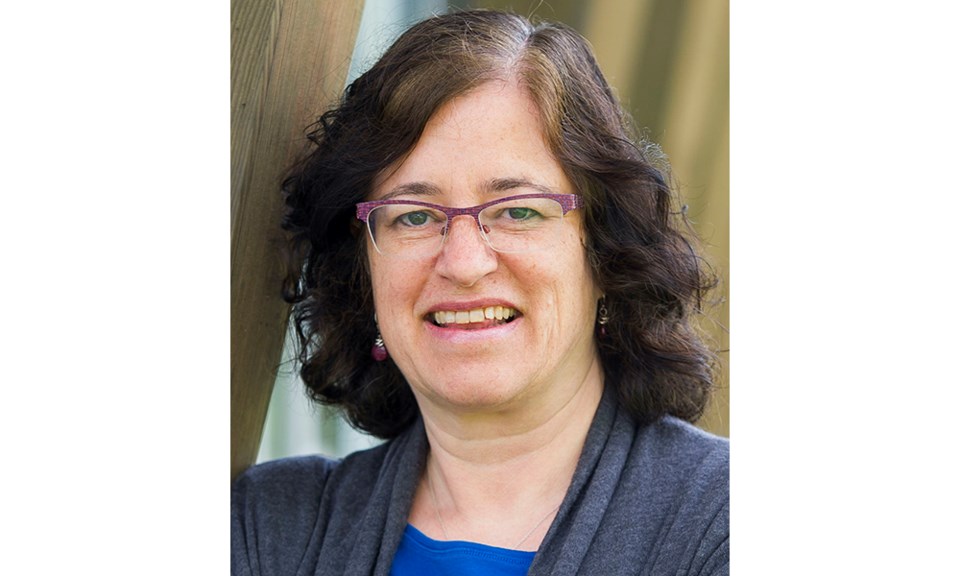This is a love letter to libraries. I’m not sure how I would have made it through this pandemic without the Richmond Public Library, which has supplied nearly all my reading material. And I read a lot.
Since the pandemic began, the library has taken me to places beyond my imagination. For instance, I went to Shakespeare’s home with Maggie O’Farrell in her novel Hamnet and Judith. I lived through the 1918 Spanish Flu pandemic with Emma Donoghue in her novel The Pull of the Stars. I travelled back to ancient times with Sue Monk Kidd in The Book of Longings, her book about Jesus’s wife.
There’s so much more. I went to Vancouver’s Downtown Eastside and B.C.’s residential schools of the past with Michelle Good in her book Five Little Indians and I went to B.C.’s Okanagan during the Depression with Kate Pullinger in her book Forest Green. Ancient Egypt was the setting for Jodi Picoult’s novel The Book of Two Ways, while Denise Mina took me to the worst night of Mary Queen of Scots’ life in Rizzio.
I could go on – since the pandemic began in March 2020, I’ve checked out 139 books from the Richmond Public Library. Don’t forget the library was closed between mid-March and late May of that year. That’s about seven books a month, which sounds about my speed. Imagine the budget I could have blown buying all those books!
But that’s just me. The Richmond Public Library loaned out a whopping 2.67 million items in 2019, to more than 1.4 million visitors. And libraries don’t only loan books – they also provide computer and Internet access to people who may not have that at home, as well as host reading and other programs to support literacy and community. Nearly 150,000 computer sessions were hosted in 2019 and about 300 people participate in library programs every day at RPL.
And of course, librarians answer questions, lots of questions. In 2019, they answered about 125,000 questions.
Libraries are social equalizers, opening doors to books, technology and services that are otherwise pricey and often beyond the means of many people. For this reason alone, we should all treasure them.
School libraries are also crucial – when I was in elementary school, the library was my favourite place. So many books, so little time. At university, searching the library stacks and studying in an isolated carrel were rites of passage. Now working at a university, the support and knowledge of librarians uplifts my work.
The pandemic shook things up everywhere. When RPL first re-opened in May 2020, patrons had to make an appointment to pick up their books at a pickup window set up in the back of the library. Social distancing was in place and, like everything in the time of COVID, it was a bit awkward to know which direction to go or whether you could scan your own card or hand it to the librarian. But it worked and it got people connected to books and reading, which is always positive. Today, from a consumer perspective, things are almost back to normal at the library, albeit with masks, social distancing and hand sanitizer.
It’s hard to believe libraries were ever conceived of in the first place, but I’m grateful they were. Apparently, they’ve been around more than 2,500 years, with the first library started in what is now Iraq in the seventh century BCE, according to Encyclopedia Britannica. Such early libraries weren’t created for borrowing books, but were more like banks of knowledge where people could visit, learn and ask questions. Over time, as more people became literate, libraries grew into the organizations we know today. As the world has digitized, so have libraries, making life more convenient for university students and researchers everywhere.
Most of the library budget comes from the city, which means it comes from property. Next time I have to pay my taxes, I’m going to remember my gratitude for city services, like the library. I couldn’t live without it.
Tracy Sherlock is a freelance journalist who writes about education and social issues. Read her blog or email her [email protected].

